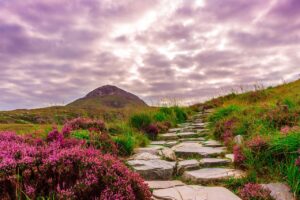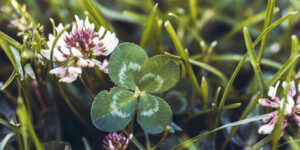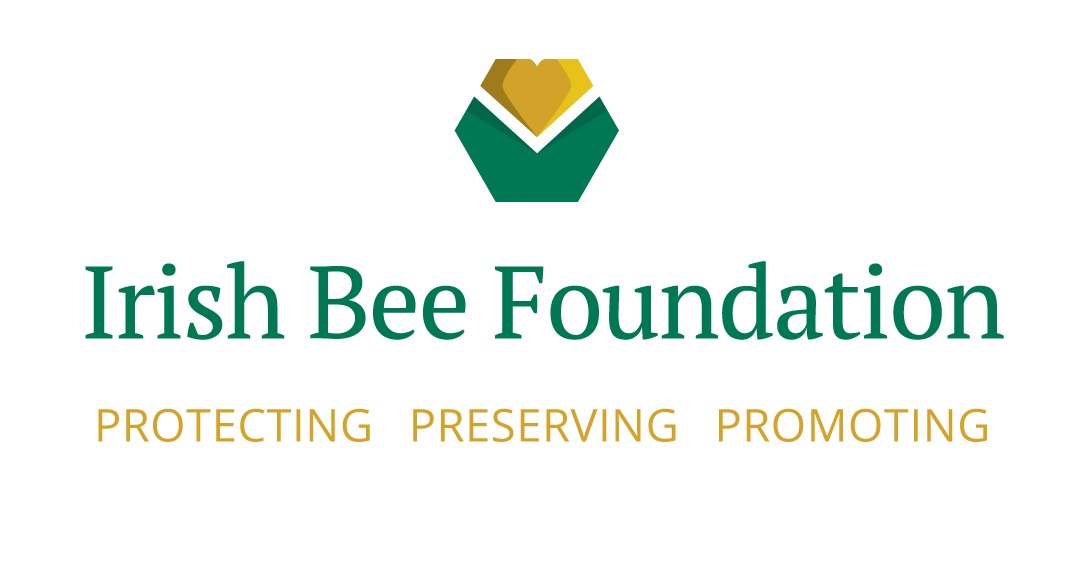Beekeeping In the Irish Climate
While the internet is a vast source of information, be discerning with your sources. Much of the content originates from countries like the United States, Australia, and New Zealand, which have different beekeeping practices, climates, regulations, and bee species. Be cautious when adapting these practices to Ireland. We recommend taking notes and reaching out for advice at education@irishbeefoundation.ie before making decisions.

If you enjoy gardening, now is an excellent opportunity to consider what trees, shrubs, flowers, or ground covers are beneficial for bees. Making small adjustments to your garden design can provide essential pollen and nectar sources, creating a magical experience as you watch bees thrive on your plants.
White clover, for instance, is a fantastic food source for honey bees. However, it’s important to note that pesticides pose a significant risk to all pollinators. Unfortunately, many farmers and some gardeners still use these chemicals. Teagasc initiated a campaign to encourage farmers to preserve hedgerows that support and protect pollinators, alongside advocating for reduced pesticide use. 
Revisiting your gardening books with bees in mind can reveal new insights—much like noticing your dream car everywhere after you’ve purchased it!
If your bees are located near agricultural areas, the likelihood of pesticide application increases. Therefore, it’s advisable to establish a good relationship with your neighbouring farmers. Most will inform you when they are spraying, allowing you to close hive entrances in the early morning or late evening to protect your colony.
What is Beekeeping All About?
A journey into understanding bees, habitats, pollinators, pests, and the rhythms of our climate.
Getting Started
Practical things to consider when going into beekeeping.
Beekeeping in the Irish Climate
How to ensure that your study guides are aimed at the correct climate.
Practical Inspection Tips
Handy practical things to be considered when you start your beekeeping journey
Occupants of a Hive
What types of bees are there in a honeybee colony?
Pollen & Nectar – Sources and Purpose
Understanding the main requirements of honeybees – pollen, nectar, water and propolis.
